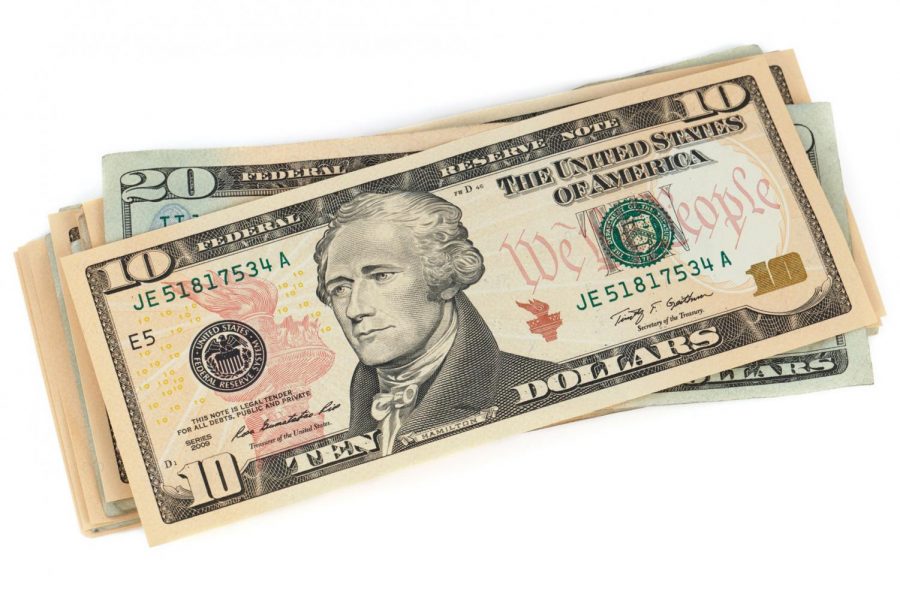Colorado’s Minimum Wage Gets Promoted
February 5, 2018
Many working students and other minimum wage employees can rejoice this year as Colorado has raised the minimum hourly wage to $10.20, up $0.90 from last year’s $9.30. This year’s increase is part of a bill passed in 2016, which outlines a path to reaching a $12 wage by 2020, up $3.69 from when the bill was passed. Tipped workers will also see a roughly proportional increase from $6.28 to $7.28 this year, also part of the four-year increase program, in which the state will increase rates for tipped workers to $8.98. The goal of Amendment 70 is to reach a more sustainable level of pay for low-class workers while allowing time for the changes to take place in the economy, rather than raise the rate substantially right away.
Colorado is one of 18 states to increase minimum wage this year. Some states are raising wages automatically as cost of living increases, while others, like Colorado, are doing it as part of a bill that gradually increases along marked benchmarks, so as to allow businesses time to adjust to the changes. The raises are going to impact an estimated 4.5 million workers across the 18 states making the change. The Federal wage, currently at $7.25, has not increased for 8 years, while workers activists currently say that a real “living wage” is more in the realm of $15. These increases allow for rates to nearer to this estimated standard, making life more livable for workers and students completely relying on minimum wage work. Many social activists argue wage increases will be the key to fighting poverty. Some states have not raised wages and continue to have them remain at the low $7.25, on account of many business owners arguing it would be bad for their bottom line, leading to a reverse effect of causing unemployment since businesses may be forced to hire fewer people as costs increase, which is also the argument against raising the federal minimum wage.
Despite this, states like Colorado have a majority of people in favor of increasing wages. This increase also gives Colorado the 8th highest minimum hourly rate in the country according to Deputy.com, with Washington DC having the highest rate at $13.25. Colorado also plans to “[adjust] annually for cost of living increases, as measured by the Consumer Price Index used for Colorado” according to Colorado.gov. Judah Voss, a minimum wage employee at Dutch Bros, “is excited to have that extra bump in pay.” Students and adults alike who work these jobs can celebrate, as the new wage will give them more spending money and will allow them to afford more without having to work as much. It has yet to be seen if this change will have an effect on the businesses of Colorado, and whether it will affect the economy negatively with unemployment and higher prices on consumer goods. But as of now, the positive effects can be experienced by workers, and labor activists can be happy that people will be earning more in Colorado.


